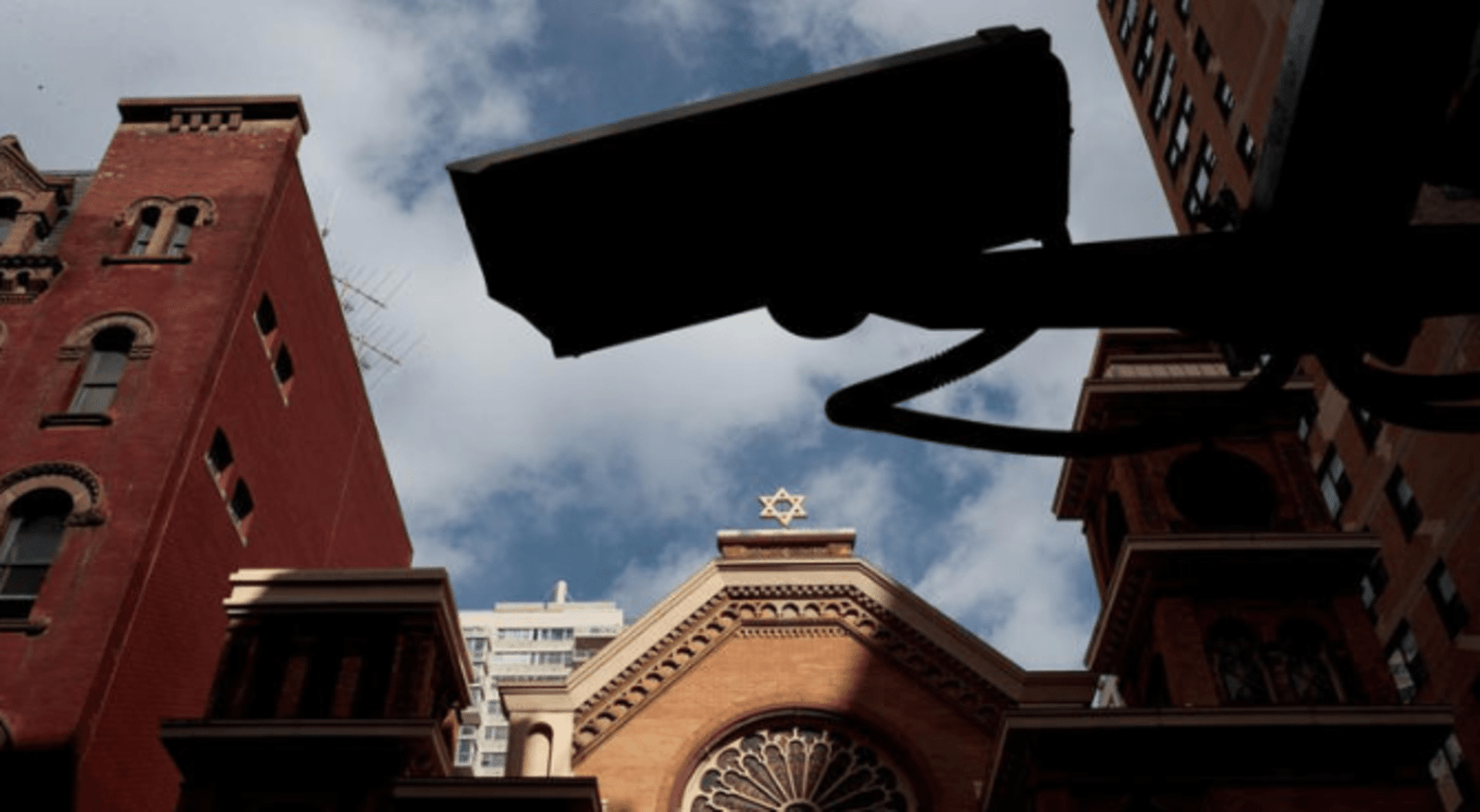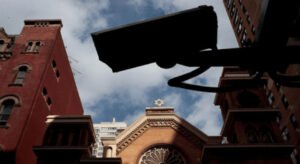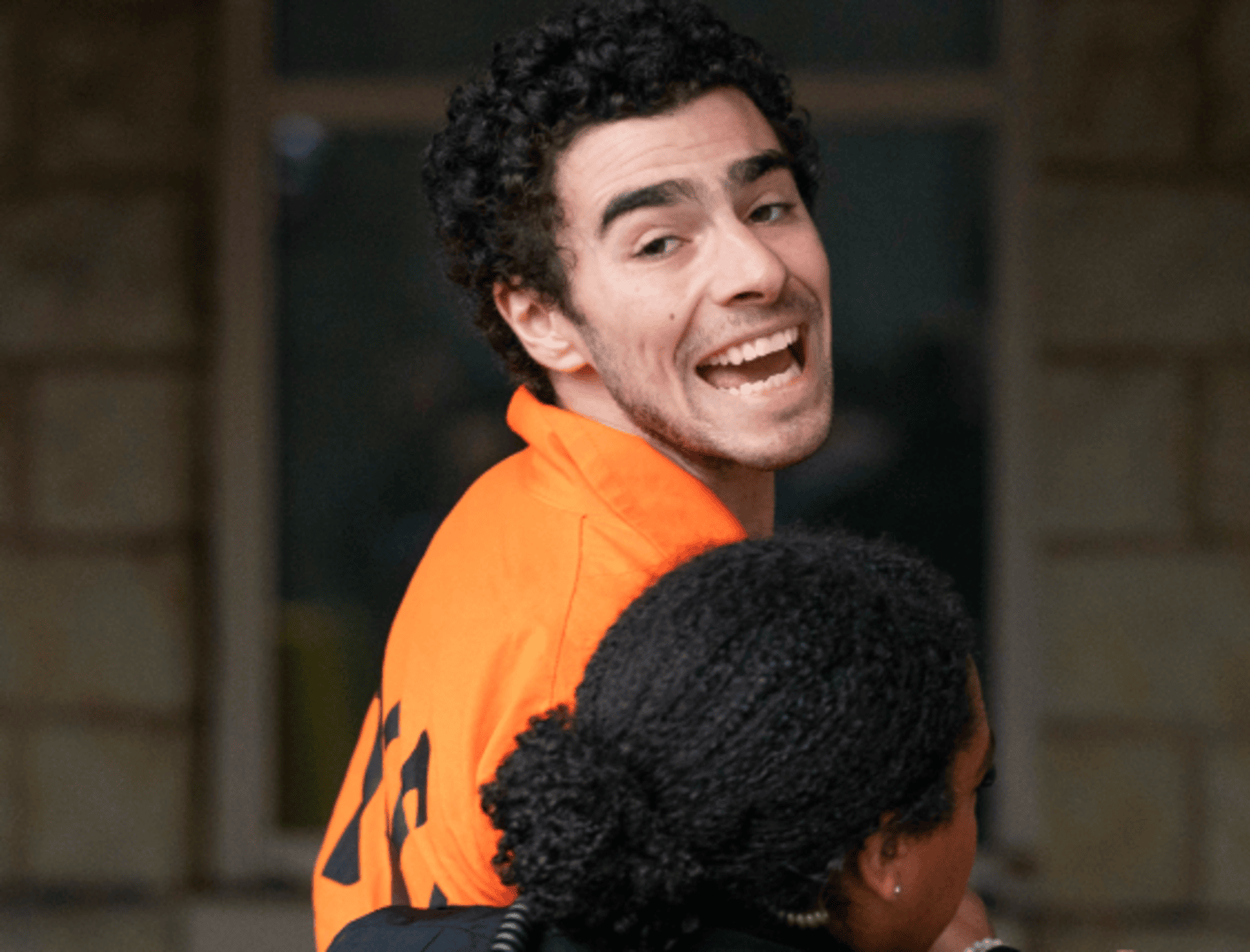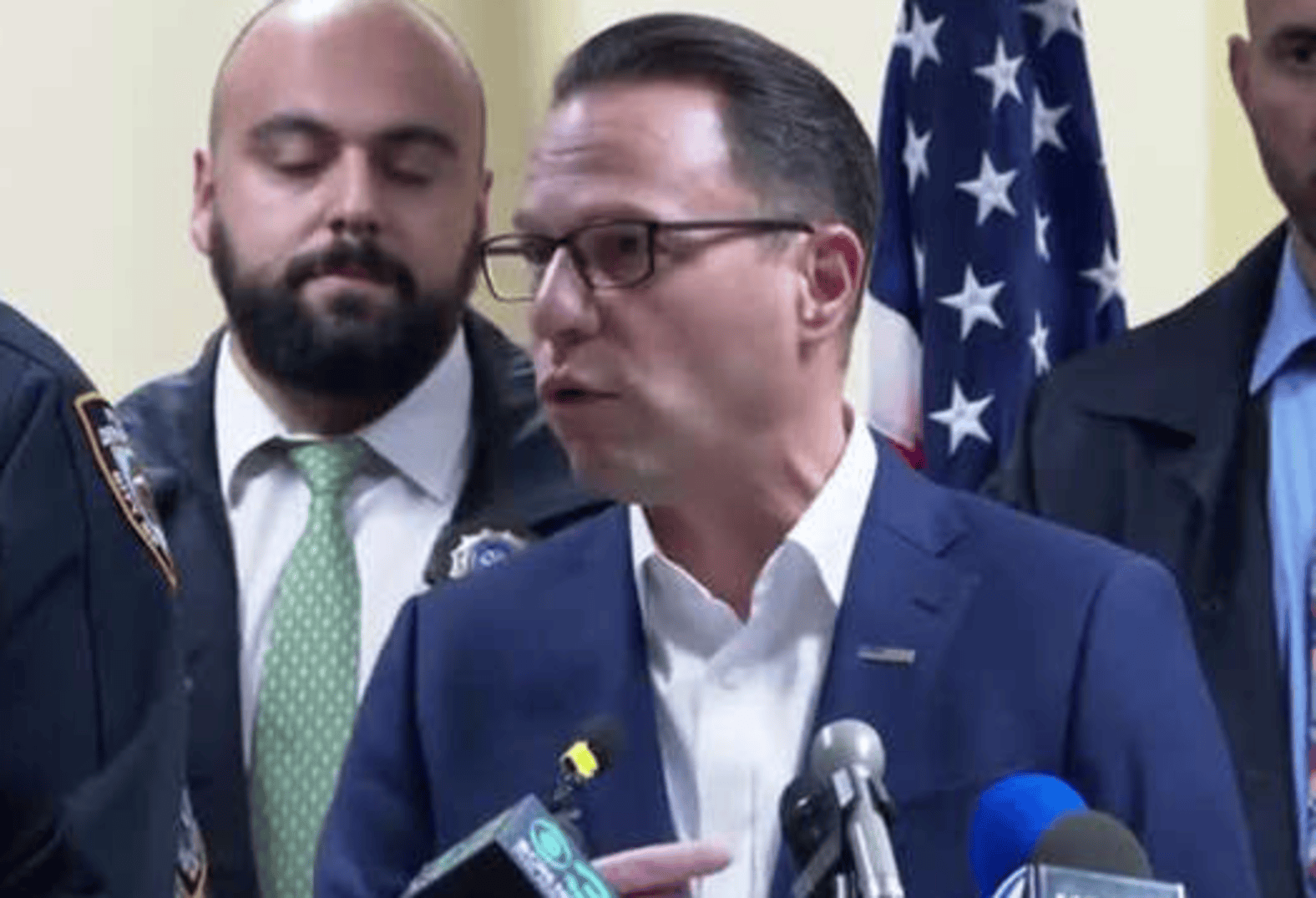
As tensions escalate in the Middle East, U.S. law enforcement agencies are taking action. In response, police are boosting patrols at places of worship across the country. The timing coincides with the start of the Jewish high holidays. 3 Ways to Secure Places of Worship
Heightened Awareness
Officials emphasize that the increased presence is precautionary. However, law enforcement remains vigilant. The potential for “lone wolf” attacks is a serious concern. This awareness comes amid what officials describe as a heightened threat environment.

Community Concerns
With Rosh Hashanah beginning Wednesday at sunset, many are anxious. This holiday marks the Jewish New Year. It runs until nightfall on Friday. Following this, Yom Kippur, the holiest day in the Jewish calendar, will be observed next week. Yom Kippur begins Friday at sunset and ends Saturday night.
NYPD Response
The New York Police Department (NYPD) has been proactive. Increased patrols began on Monday. This posture is expected to continue for the next two weeks. Helicopter units will also monitor for radiation.
Engaging the Community
Discussions focused on enhancing safety during the holidays. The department routinely increases its presence at houses of worship. This includes both Jewish and Muslim sites.
Support from Community Leaders
Community leaders appreciate the increased police presence. They feel it is vital during these uncertain times. Many families are concerned about their safety. Officials stress the importance of community cooperation. Working together can help mitigate fear and promote safety.
Local Efforts Across the Nation
Police departments nationwide are on alert. Cities with significant Jewish populations are particularly focused. Officers are present during services and community gatherings. Their visible presence provides reassurance to worshippers.
Focus on Safety Measures
Security measures are being discussed openly. Police are encouraging places of worship to review their safety protocols. Engaging with community members is crucial. It helps ensure that everyone feels secure during the holidays. Increased vigilance is necessary, even in peaceful communities.
Preparing for the Holidays
As the holidays approach, preparations are ramping up. Synagogues and community centers are enhancing their security plans.
As the Jewish high holidays approach, communities are actively engaging in preparation to ensure a safe and meaningful observance. Rosh Hashanah and Yom Kippur are times for reflection, renewal, and togetherness, but they also require thoughtful planning, especially in the current climate of heightened awareness.
Synagogues and community centers are taking proactive steps to enhance their security measures. Many are reviewing and updating their safety protocols, often in collaboration with local law enforcement. This partnership helps identify potential vulnerabilities and implement strategies to mitigate risks.
Moreover, many congregations are incorporating mindfulness and wellness activities into their holiday programming. Activities such as meditation sessions, discussions on resilience, and community-building events aim to strengthen connections among members. These initiatives not only prepare the community for the holidays but also enhance emotional well-being during a potentially stressful time.
Public Sentiment
The public reaction to these measures varies. Some feel safer with increased patrols. Others express concern about heightened anxiety in the community. Officials are addressing these feelings.
The Bigger Picture
The rise in tensions globally has local implications. It affects communities in various ways. The focus is on protecting citizens while fostering community ties.
The recent rise in tensions worldwide significantly impacts local communities, particularly in the United States. As conflicts unfold abroad, they often ripple through society, influencing public sentiment and security measures at home. The situation in the Middle East, for instance, has led to heightened fears of anti-Semitic incidents and potential violence against Jewish communities. This creates a sense of unease that extends beyond immediate neighborhoods.
The response from law enforcement reflects a broader awareness of these dynamics. Increased patrols at places of worship and community centers are not just about immediate threats; they signify an understanding of the psychological effects that international events can have on local populations. Community members may feel vulnerable, leading to anxiety and fear during significant religious observances, like the Jewish high holidays.
Furthermore, these heightened security measures serve as a reminder of the interconnectedness of global events and local realities. As communities grapple with the implications of international conflicts, the importance of solidarity and understanding becomes even more pronounced. Diverse groups, including those of different faiths and backgrounds, must come together to foster an atmosphere of unity. Such collaboration can help alleviate fears and promote a sense of shared safety.
In essence, the bigger picture encompasses not only the immediate security concerns but also the long-term implications for community cohesion. As law enforcement agencies increase their presence, they also strive to build trust and open lines of communication with community members. This dual approach is essential for creating resilient communities that can withstand external pressures while maintaining a spirit of inclusivity and peace. Ultimately, it highlights the importance of local action in addressing global issues, reminding us that our responses to conflict can shape the social fabric of our communities.
Conclusion
The increased security at places of worship reflects current events. It is a response to both local and global situations. While no specific threats exist, the emphasis on safety is paramount. As the Jewish high holidays begin, vigilance is key. Together, they can create an environment of safety and support.







